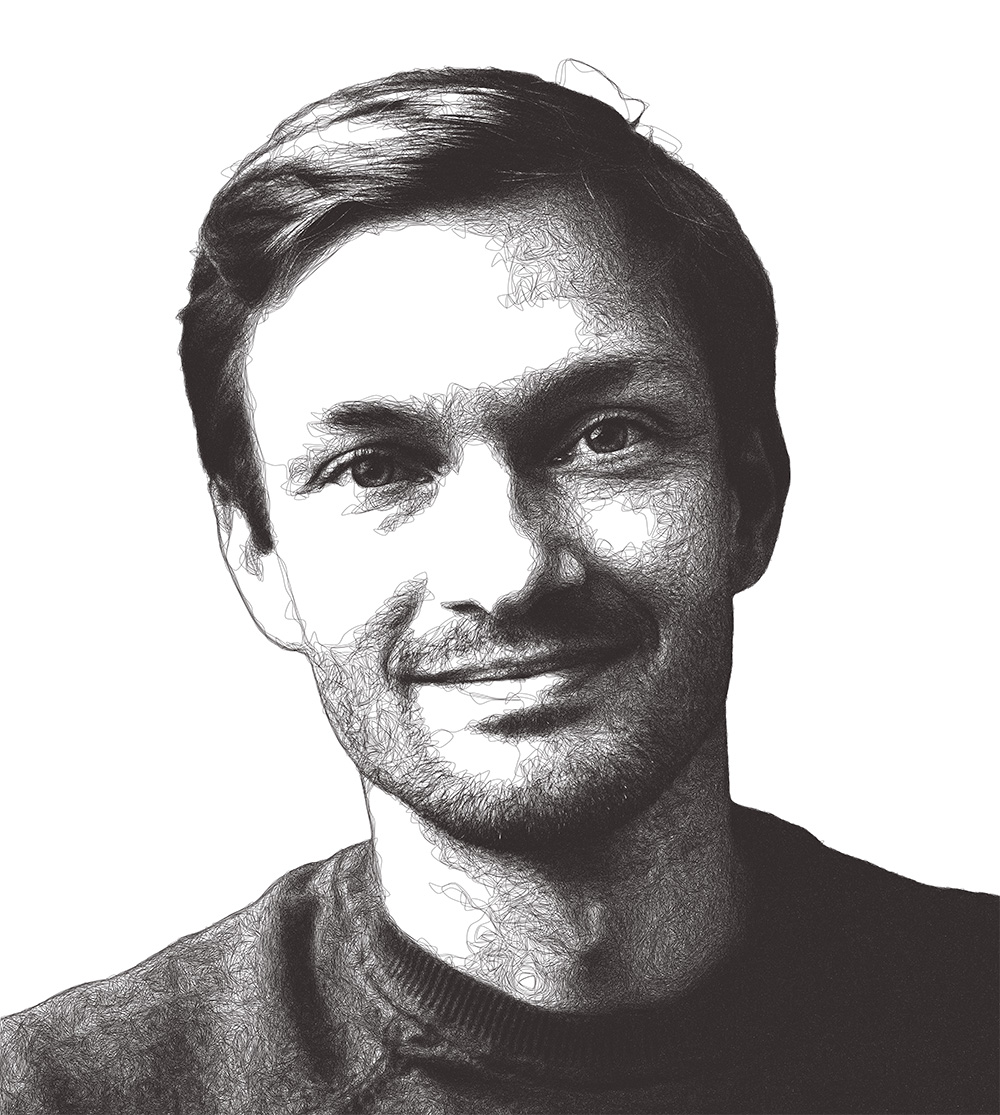Key takeaways from HAUS’ interview with our Managing Director

Graphic courtesy of HAUS
Our MD Alexander Regnat recently spoke with deep-tech marketing agency HAUS about kiutra’s origins and why scalable, helium-free cooling will play a central role in the future of quantum technologies. Below are four key takeaways from the conversation.
1. kiutra started as a practical response to the limits of traditional cryogenics
Alexander and his co-founders met during their research at the Technical University of Munich, where they worked on intermetallic compounds that showed exotic behavior at ultra-low temperatures. Running these experiments highlighted how restrictive and labor-intensive gas-based cooling systems were. They began developing their own solid-state magnetic refrigerators, which were simpler to operate, easier to automate, and didn’t need routine liquefied-gas handling. This work led to the founding of kiutra in 2018.
2. Helium-3 scarcity is becoming a critical bottleneck for quantum technologies
The most advanced quantum platforms require millikelvin cooling, traditionally achieved using mixtures containing helium-3. But helium-3 is extremely scarce, sourced largely from nuclear programs, and produced only in small quantities worldwide. As demand grows, helium-3–based cooling cannot scale alongside the quantum industry, making alternative approaches essential for broader adoption.
3. Solid-state magnetic refrigeration avoids these scaling limits
kiutra takes a fundamentally different approach: using the magnetocaloric effect in solid materials that cool when demagnetized. Because this method relies on electrically driven electromagnets and commonly available materials, it avoids scarce gases, complex handling systems, and many limitations of helium-3–based dilution refrigerators. It also enables modular cooling architectures that can grow with changing payloads and future quantum computing requirements.
4. Scalable, helium-free cooling strengthens Europe’s position in quantum
Europe has no domestic helium-3 supply, making reliance on traditional technologies costly and strategically limiting. Magnetic refrigeration avoids this dependency and supports the development of flexible, modular cooling platforms suitable for industrial-scale quantum devices. This helps build a more resilient and sustainable quantum ecosystem in Europe.
Explore the full interview over on HAUS.